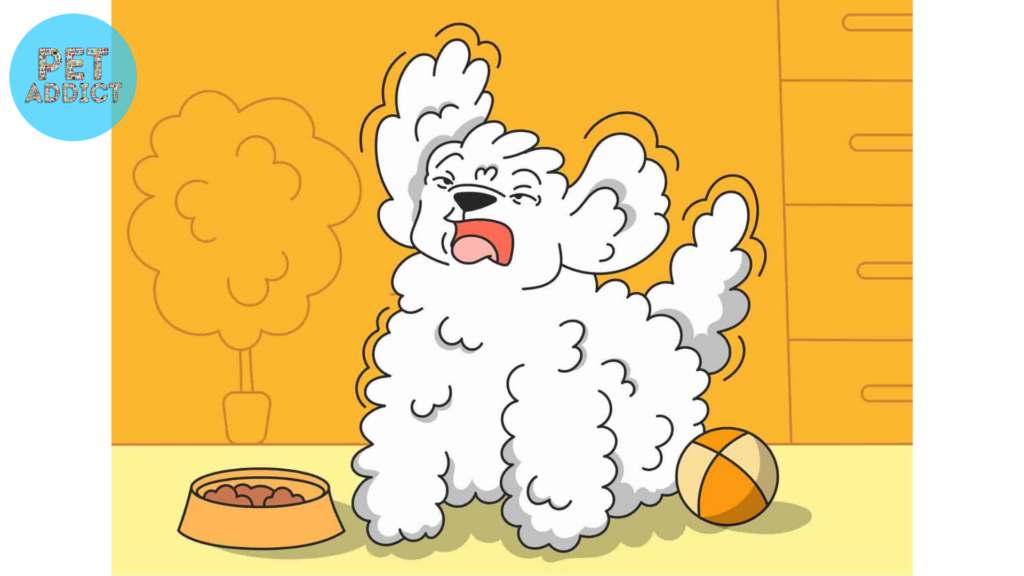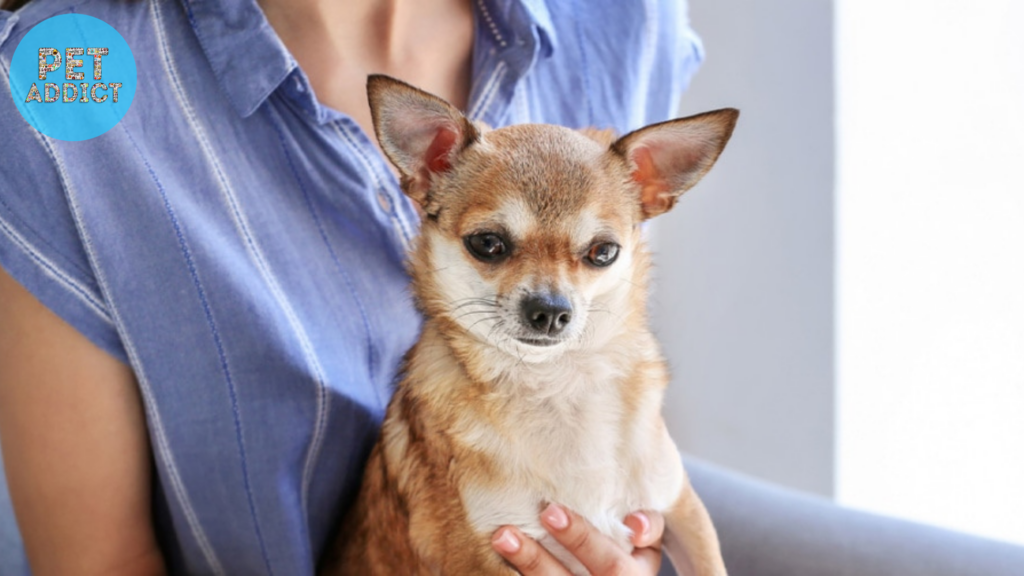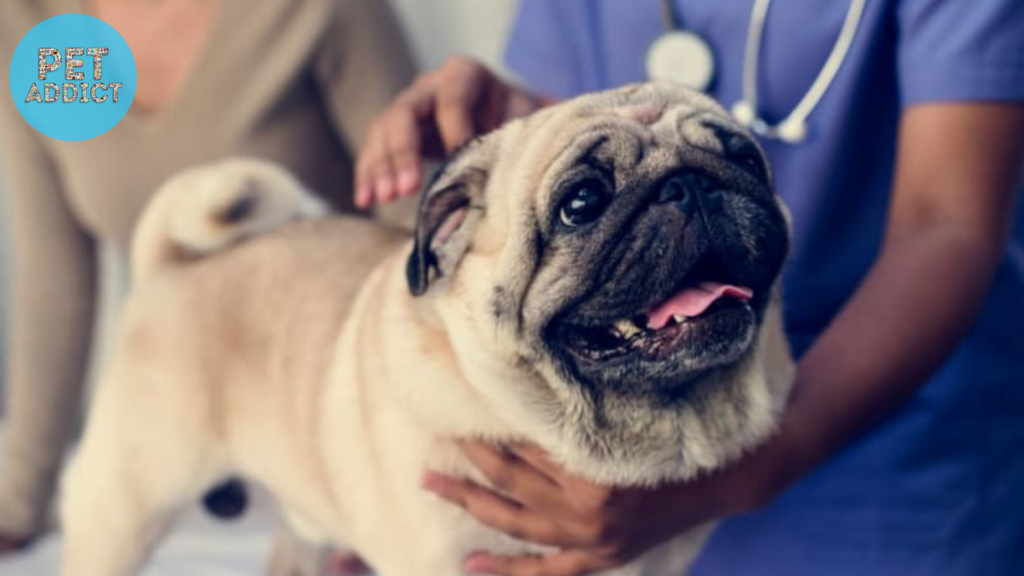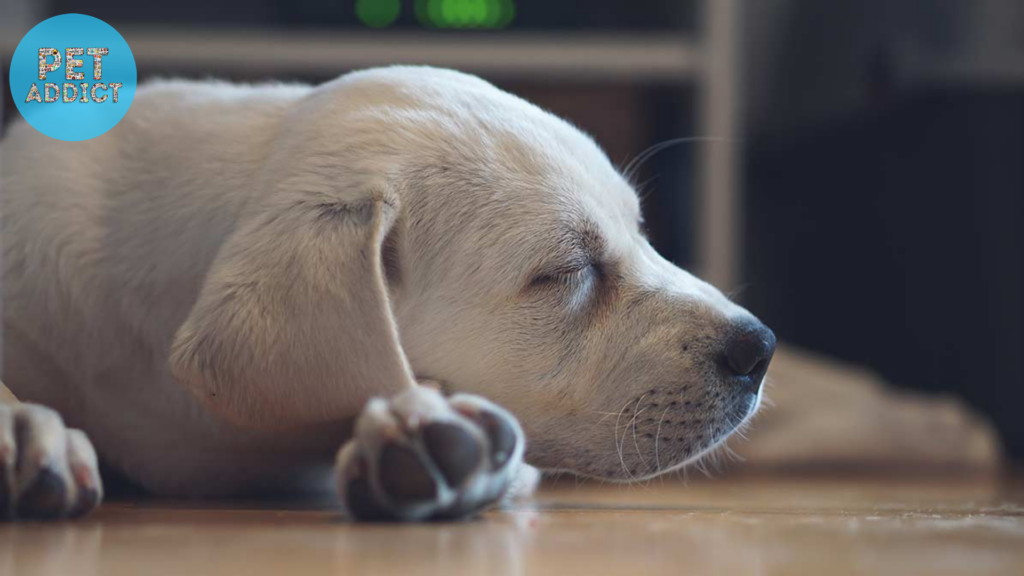Hiccups are a common and often amusing bodily function that both humans and animals experience. Just like us, dogs can also get hiccups. However, dog owners may find themselves worried or puzzled when they witness their furry companions hiccuping. In this article, we will explore the world of dog hiccups, their causes, and potential remedies.
PetAddict.net – The best place where you can find everything about your pet!
What Are Hiccups?
Hiccups, scientifically known as “singultus,” refer to involuntary contractions of the diaphragm, followed by a sudden closure of the vocal cords, resulting in the characteristic “hic” sound. These spasms are repetitive and can be quite bothersome for dogs and their owners.
Why Do Dogs Get Hiccups?
While the exact reasons for dog hiccups remain unclear, they are considered a normal physiological response. Hiccups in dogs may be caused by various factors, such as rapid eating or drinking, excitement, or even changes in temperature. Additionally, young puppies are more prone to hiccups due to their developing systems.
Common Triggers for Dog Hiccups

To better understand and prevent dog hiccups, it is essential to identify common triggers. These may include gulping down food or water too quickly, excessive play that leads to swallowing air, or exposure to sudden environmental changes.
When to Be Concerned
In most cases, dog hiccups are harmless and resolve on their own. However, persistent or severe hiccups may be indicative of an underlying health issue. If your dog experiences prolonged hiccups accompanied by other worrisome symptoms, consulting a veterinarian is advisable.
Symptoms of Dog Hiccups

Identifying Hiccups in Dogs
Identifying hiccups in dogs is relatively straightforward. You will notice rhythmic contractions in their abdominal region, often followed by the hiccup sound. During a hiccup episode, your dog may seem momentarily startled or uneasy.
Differentiating Hiccups from Other Conditions
It is essential to differentiate hiccups from other medical conditions that could mimic similar symptoms. While hiccups are characterized by their repetitive nature and the hiccup sound, other issues like coughing or choking may require immediate attention.
Remedies for Dog Hiccups

Natural Home Remedies
For occasional and mild hiccups, several home remedies can be applied to alleviate the discomfort. Offering your dog a small amount of water, gently massaging their abdomen, or distracting them with playtime are simple yet effective methods to ease hiccups.
When to Seek Veterinary Assistance
While most dog hiccups are harmless, certain situations warrant a visit to the veterinarian. If your dog’s hiccups are frequent, intense, or accompanied by concerning symptoms such as lethargy or loss of appetite, seeking professional advice is crucial.
Preventing Dog Hiccups

Diet and Feeding Practices
Adjusting your dog’s feeding routine can play a significant role in preventing hiccups. Opt for smaller, more frequent meals to discourage rapid eating. Additionally, using specially designed slow-feed bowls can promote healthier eating habits.
Exercise and Playtime
Regular exercise is essential for a dog’s well-being. However, excessive play and activity immediately after meals may contribute to hiccups. Allow your dog time to digest their food before engaging in vigorous play.
Minimizing Stress and Anxiety
Stress and anxiety can exacerbate hiccups in dogs. Create a calm and secure environment for your pet, and consider relaxation techniques such as soothing massages or calming music.
Conclusion
In conclusion, hiccups are a natural and harmless occurrence for dogs. Understanding the potential triggers and employing preventive measures can help manage and reduce the frequency of hiccups. In most cases, dog hiccups do not require medical intervention. However, as a responsible pet owner, staying attentive to any unusual or persistent hiccups and seeking veterinary advice when necessary ensure the well-being of our beloved furry companions.
FAQs (Frequently Asked Questions)
- Q: Can I give my dog medication to stop hiccups?
- A: No, it is not recommended to administer human medications to dogs without veterinary guidance. Most hiccups in dogs are temporary and resolve on their own.
- Q: Are hiccups more common in certain dog breeds?
- A: There is no strong evidence suggesting that hiccups occur more frequently in specific breeds. Dogs of all breeds and sizes can experience hiccups.
- Q: Can stress cause hiccups in dogs?
- A: Yes, stress and anxiety may contribute to hiccups in dogs, just like in humans.
- Q: Should I be worried if my puppy hiccups often?
- A: Puppies are more prone to hiccups as their bodies are still developing. Occasional hiccups are generally not a cause for concern in young dogs.
- Q: Is it normal for older dogs to get hiccups?
- A: Yes, hiccups can occur in dogs of all ages. If your older dog experiences sudden or severe hiccups, it is best to consult a veterinarian for a check-up.




